Technology developments, consumer tastes, and general economic situations all have an ongoing impact on the real estate industry. A number of significant factors are reshaping the market in 2024, presenting both fresh opportunities and difficulties for investors, sellers, and buyers.
An increase in mortgage rates
This year has seen an increase in mortgage rates, which has an effect on both buyers and sellers. Since higher rates translate into larger monthly payments, some consumers have chosen to postpone or reevaluate their purchases. To help keep homes affordable, it has also led to the development of more inventive financing options, such adjustable-rate mortgages.
Transition to Rural and Suburban Areas
Moving away from crowded urban areas is still a popular trend. Larger homes with greater outside space are in high demand, especially in suburban and rural locations. Remote job possibilities have contributed to this trend by enabling people to place a higher value on affordability and lifestyle than being close to urban hubs.
Growing Need for Eco-Friendly and Intelligent Houses
Energy efficiency and sustainability are rising to the top of buyers’ priorities lists. Demand is rising for features like sustainable building materials, energy-efficient appliances, and solar panels. Additionally, smart home technologies—such as automatic lighting, security systems, and energy management tools—are becoming a must-have for new buyers.
Limited Stock, Intense Rivalry There is still little inventory available in many marketplaces, which makes purchasing more competitive. Bidding battles are not unusual, and homes are selling quickly, frequently for more than the asking price. This has made it a seller’s market, but many first-time buyers are now concerned about affordability.
An increase in rental properties
A growing number of would-be homeowners are opting to rent instead of buy due to the difficulties posed by rising mortgage rates and low availability. The rental market has expanded as a result, particularly for multifamily properties. Investor attention is being paid more attention to the development and purchase of rental properties.
The way that buyers and sellers engage with the market is always evolving due to technological integration in real estate. The purchasing process is becoming more accessible with the help of virtual tours, online open houses, and AI-driven property recommendations. Blockchain is also being investigated for safe and transparent real estate transactions, but broad acceptance is still a ways off.
In summary There will be a mix of possibilities and challenges in the real estate market in 2024. Purchasing a home has become more competitive due to low availability and rising mortgage rates, and buyer preferences are shifting as evidenced by the rise in demand for smart and sustainable amenities. Understanding these tendencies can help buyers, sellers, and investors navigate the market more effectively. Making the greatest decisions in a changing market requires staying educated, whether you’re investing, selling, or purchasing.

